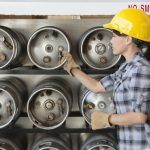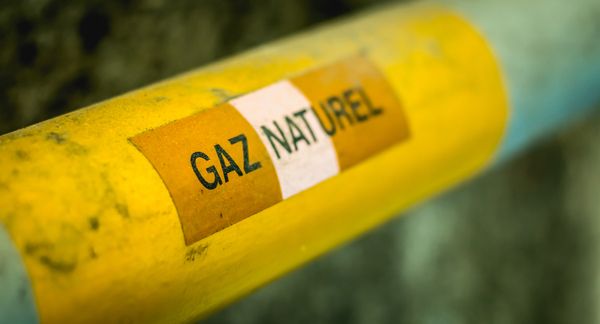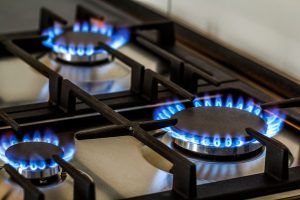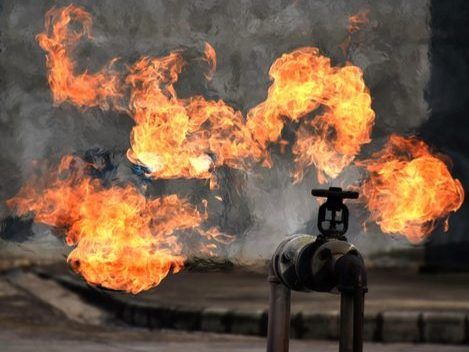
Staying Safe When Working With Natural & Compressed Gases

Natural gas is considered to be one of the safest and cleanest of all the fossil fuels for heating homes or powering machinery, but that does not mean it is free of any risk. Fortunately, there are many ways to prevent injury or accident.
While not inherently toxic, a natural gas leak can reduce the amount of oxygen available in the air, providing a serious risk for suffocation in areas that are not well ventilated. Faulty appliances can cause carbon monoxide to be released into the air as well. Not to mention it is extremely flammable and will cause catastrophic damage if ignited. A quick search on YouTube can give you all the convincing you need as to why safety around natural gas lines and appliances is so important. Here are a few tips on how to react safely to a gas leak in your workspace:
Safety tips for natural & compressed gas
Recognize the smell
Natural gas is odourless and colourless, but contains an additive that makes it extremely pungent to our noses. Rotten eggs is the common comparison. If you smell rotten eggs when you shouldn’t, clear out of the area immediately and call the relevant service providers. Remove any clear ignition sources such as open flames or sparks. This includes turning off any equipment or vehicles in the area or using cellphone or any other electronics near the leak. Do NOT attempt to fix the leak yourself.

Ensure confined spaces are well ventilated
When servicing natural gas appliances or lines indoors, be sure there is proper ventilation present. If possible, open all windows and doors before beginning the servicing. Clear the space around the appliance or line to remove potentially combustable materials. In the case of a leak, the gas needs to dissipate into the air keeping concentrations low. Ensure carbon monoxide detectors are also by the work area and are functional. Do NOT return inside to increase ventilation after evacuation.
If an accident occurs
When any type of accident occurs, from carbon monoxide poisoning to an explosion or fire due to the mishandling or storage, an inspector must be notified immediately. Do NOT disturb any wreckage or article from the scene of the incident. Only do so to save a life or if it is in the interest of public safety. Handle the items removed at the direction of the inspector.
Due diligence of employer
Project managers and employers need to ensure all personnel operating, installing, repairing or altering appliances and machinery involving natural gas are properly licensed and trained to do so. Simply handling natural gas requires a certificate as well. Ensure all safety precautions are taken that adhere to the regulations set out by the Technical Standards and Safety Act. All employees on a worksite involving natural gas should be educated on how to identify a leak through sight, smell and sound, and the safety procedures that follow the discovery of a leak.
 Advanced Consulting & Training Offers Safety Consulting & Training
Advanced Consulting & Training Offers Safety Consulting & Training
The best way to avoid workplace accidents and injury involving is through establishing effective safety protocols and properly educating staff on those best practices. Good common sense stems from proper safety education. At Advanced Consulting & Training we have programs designed to ensure your staff and managers have the tools and knowledge to protect each other and the public while on the job. We offer courses in:
Transportation of Dangerous Goods
… and more!
Contact us today to find out how Advanced Consulting & Training can help you!


